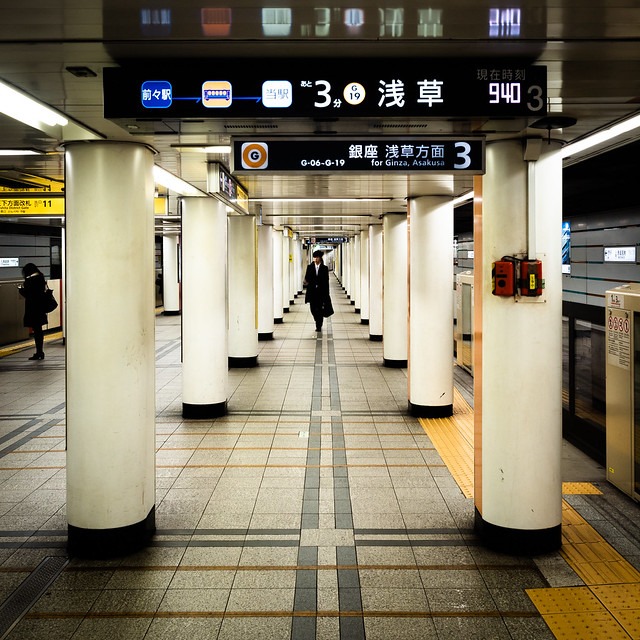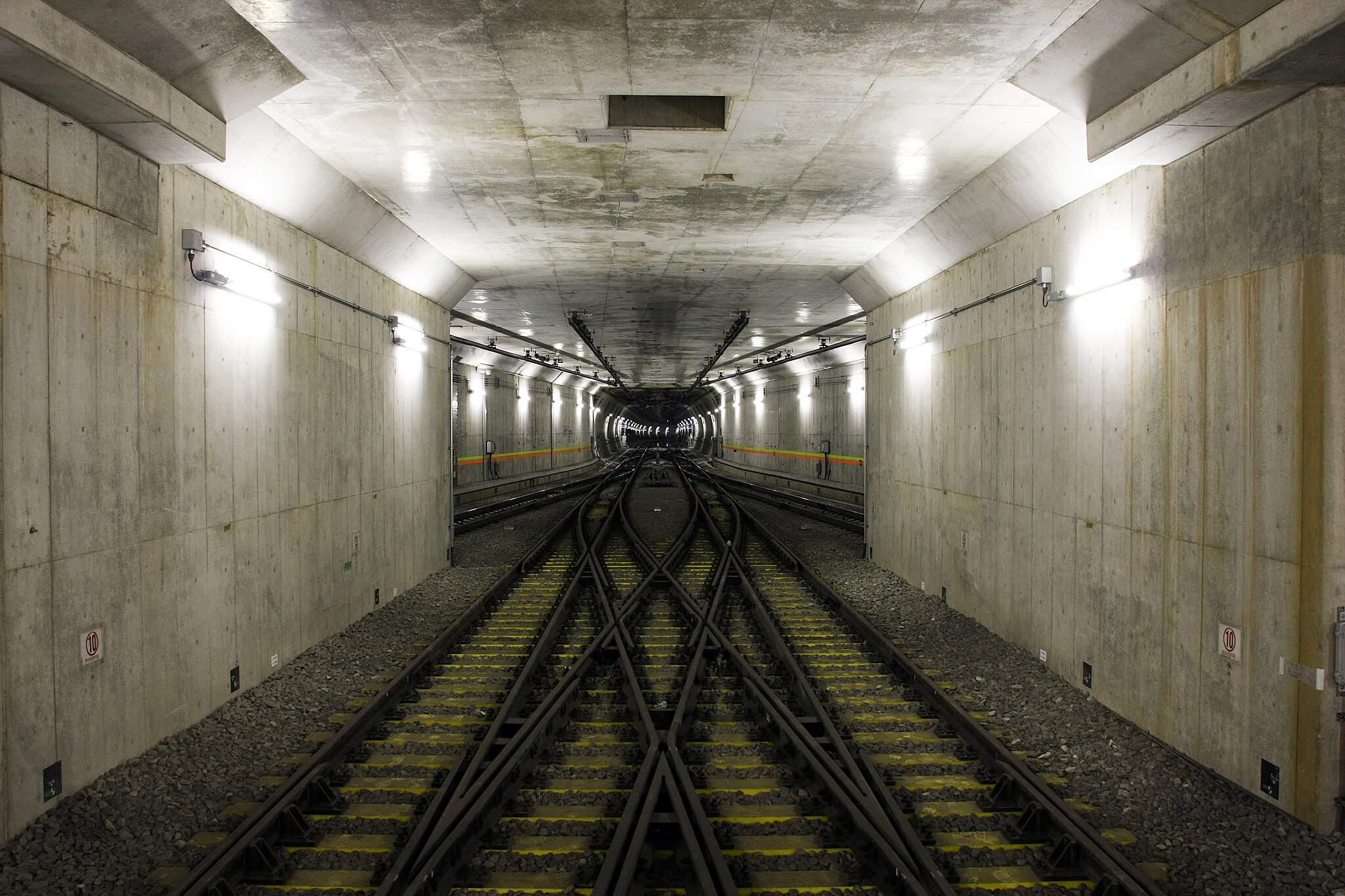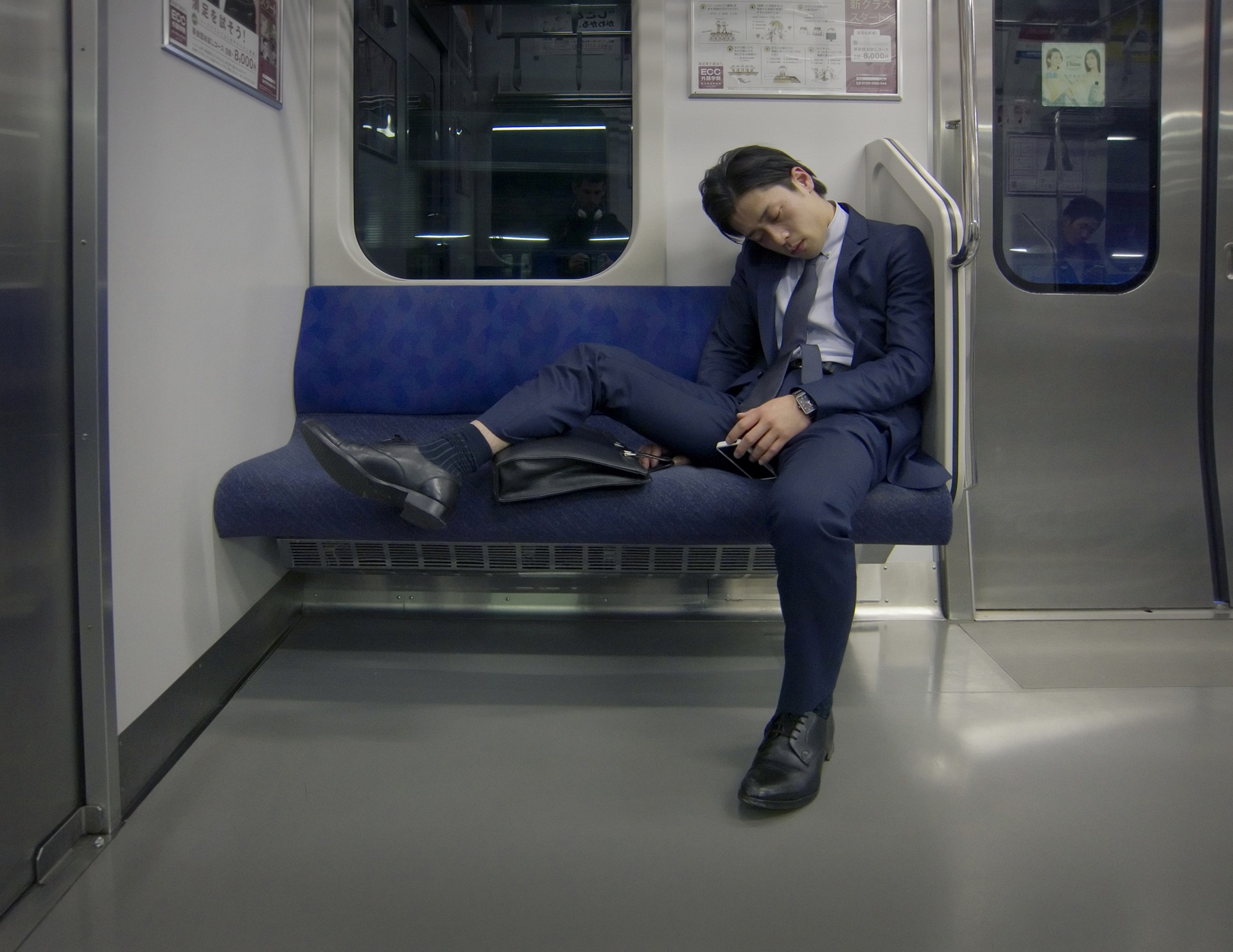Last Train

By Richard Milner
Staff Writer
14/8/2019

Tokyo is a city in perpetual tension. 34 million people fight for the same jobs, apartments, mates, university entrance spots, space along a supermarket aisle. This cutthroat competition grapples with the Japanese need to maintain social harmony. Frustration and unexpressed rage rise and rise, and in another country would likely spill over into open violence.
In Japan, the eyes of others regulate behavior. Those eyes constantly watching you and judge you for every faux pas, every conversation that’s too loud, every laugh that’s too exuberant, every public display of affection, every breach of the invisible, intricate web of etiquette woven through Japanese society. But what is suppressed during the day must, and will, emerge somehow, someway.
What is suppressed during the day must, and will, emerge somehow, someway.

Picture Credit: Toshihiro Oimatsu
Tokyo’s last train runs from 12:20 am to 1:10 am, last hope of affordable transport in a city with no alternatives, where taxi rides are about $10 per mile. It is on this train that the inhibitions restraining the Japanese public can finally dissolve in a socially acceptable way. Passengers can push themselves to the furthest point and obliterate their minds in a delirium of alcohol or exhaustion. Some test themselves by rushing the closing automatic doors, slipping in at the nick of time in a surge of cheap adrenaline.
It is on this train that the inhibitions restraining the Japanese public can finally dissolve in a socially acceptable way.
There is no one thread tying together those who commonly ride the last train: bespoke businessmen heaped in sleeping rows; young couples openly touching and kissing; groups of friends actually laughing out loud in public; teenagers still dressed for school or after-school sports and heading home from game centers or karaoke red-faced and drunk; travelers speaking above a whisper and not shamed into silence by angry glares; and hostesses or “girl’s bar” employees perhaps heading to work for the evening. All of them sunk in a sour stench of alcohol and the unmasked, human odors of body and breath.
Each of these individuals, under different circumstances, would be guilty of one breach of social conduct or another for behaving (or being) this way during the day. But on the last train, misfits are accepted. Masks slip off and true faces emerge. Basic human drives and depths of emotion are no longer stigmatized. All unaccepted acts, roles, traits, and types can finally rise to the surface of Tokyo’s psyche and be seen for the span of a single ride before vanishing, traceless, into the private spaces of homes.

Picture Credit: tokyoform
Such a dramatic change in public behavior wouldn’t happen at 9 pm, or 10 pm, or 11 pm. It has to be last train. This is an implicit agreement entered into by all those who step on board. For some reason, everyone checks their usual faultfinding at the door, and for the duration of this ride passengers are as free as they might ever feel.
Tourists who ride the last train often marvel at the spectacle, this side of Japan so different from the poised, painfully respectable one shown the rest of the time. The last train reflects Tokyo’s shadow self, is its therapist, its confessor, and truth-giver. It is the last, lonely boatman, ferrying passengers across the splintering River Styx of Japanese train lines towards labor or pleasure or rest.
